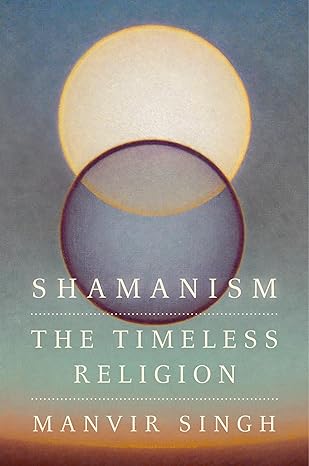Manvir Singh: the shamanic roots of all religion
Manage episode 484306725 series 3270887
Today Razib talks to Manvir Singh about shamanism, religion and anthropology. Singh is an assistant professor of anthropology at the University of California, Davis. An artist and essayist, he is also now a regular contributor to The New Yorker. His academic interests lie in explaining why most human societies, from preliterate foragers to urbanites, develop cultural phenomena like “witchcraft, origin myths, property rights, sharing norms, lullabies, dance music, and gods.” He just came out with his first book, Shamanism: The Timeless Religion.
First Razib asks what Singh exactly means by shamanism, and whether it is a religion or not. Singh argues that shamanism is religion, that in some ways it is the primal religion. While many would contrast institutional religions like Christianity with shamanism, Singh points out that even Christianity includes shamanic practices, as in the Acts of the Apostles, or in some of the Pentecostal sects of Protestantism. He also discusses how his theoretical understanding of religion was complemented by field-work among the Mentawai tribe of Indonesia, who have a rich shamanic tradition. Razib then foregrounds the question of whether shamanism was invented in a particular place and time, like Siberia as argued by some 20th-century scholars, or whether it is universal in our psychology. Singh argues for the latter position, illustrating the fact that many cultures seem to lose shamanism when the number of adherents falls low enough, but that they seem to regain it once their popularity bounces back. Humanity’s shamanic impulse is always there, at the ready. Razib and Singh also discuss the ubiquity of shamanic practices across East Asia, especially in Korea and Japan. In the latter society, shamanism forms the foundation of one of the people’s two major religions, Shinto. Finally, they address the role of psychedelic drugs in the emergence of shamanism cross-culturally.
34 episodes




